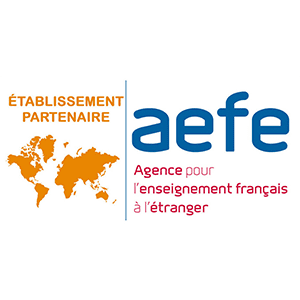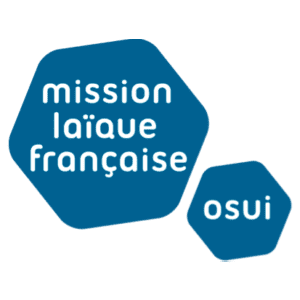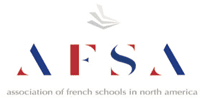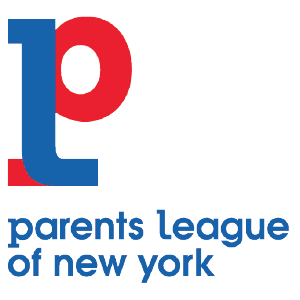Social Emotional Learning (SEL)
Social Emotional Learning! What is it?
Social Emotional Learning (SEL) is a very important piece of a child’s education and directly impacts their success in learning. CASL has identified five essential skills linked with Social Emotional Learning. Using these skills Tessa International School has selected a program that helps to promote a balance of high academic achievement and strong social emotional skills.
Process? The first step is to help children recognize their own emotions and thoughts. Next, we focus on self-management skills so children learn to regulate their emotions, thoughts, and behaviors in different situations. The third step is to help children develop empathy and understanding that others perspectives may not be the same as theirs. Fourth, we focus on maintaining positive relationships with others. Important elements in the fourth step include active listening, communicating clearly and appropriately, and cooperating with others. The final step is preparing children to be responsible decision makers. The will learn to make thoughtful choices that promote positive social interactions, evaluate the consequences of actions, and be empathetic of the well-being of others.
Why is this important? A good Social Emotional Learning (SEL) program not only increases children’s prosocial behaviors such as demonstrating kindness, sharing and empathy, but it also has strong links to increased achievement in school.
How do we do it? The first step is identifying a research-based method that has authentic data that proves it has an impact on both the social and academic growth in children. After selecting the program classroom teachers are carefully trained to synchronize their classrooms and the system becomes not only a school-wide effort, but it extends to the family and community. This way expectations can be taught and modeled in and out of school allowing children to practice and refine their skills in a variety of environments.
Social Emotional Learning (SEL) is taught through clear lessons and integrating the lessons in content areas such as math or language so children are provided opportunities to practice in real situations. Teachers are provided the necessary resources and training to develop positive relationships between children and their peers and with children and adults.
The method of teaching and reinforcing Social Emotional Learning skills can be done in numerous ways. Children can be asked to demonstrate their learning through role-play or other activities. We believe in the importance of scaffolding which means taking progressive steps to build upon what children already know (their schema). This means learning the key vocabulary of emotions and learning new skills. Another useful way is through books read to children and have them make connections with the feelings of characters to themselves. Through clear modeling and expectations children will be provided the tools in how best to express their emotions. This can be accomplished again through role-play activities. It’s extremely important that the expression of feelings and emotions in children are validated and children are encouraged to express their feelings. Reflection is a key aspect of a good Social Emotional Learning program. Young children must be guided towards reflecting about actions and events that happen in their lives. They can be asked questions such as “Why did Mary cry when Tommy took her toy?”
Tessa International School believes that in preparing children to become world citizens, prepared to embark on their learning journey that will possibly take them across the world, it must have clear policies and procedures to ensure children receive the very best.
Best Plan? There are numerous programs, but which is the best. The answer can be quite subjective and biased depending upon who you ask and which programs they have tried. We at Tessa International School have worked extensively weighing the benefits and drawbacks of each program. We have looked carefully at the research data of the various programs and have found a system which we strongly believe will help children develop the skills necessary to become truly internationally-minded world citizens.
















